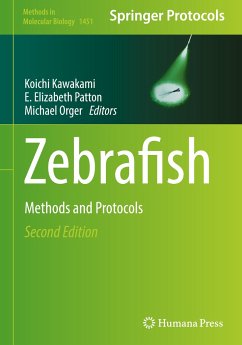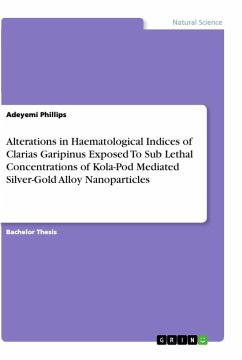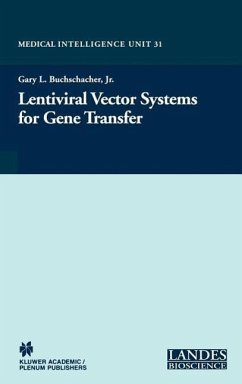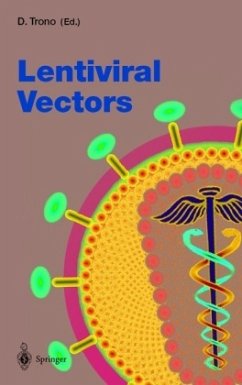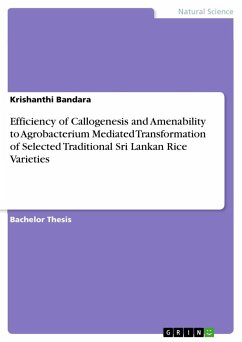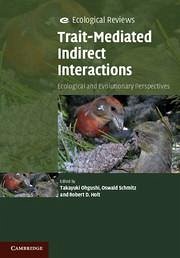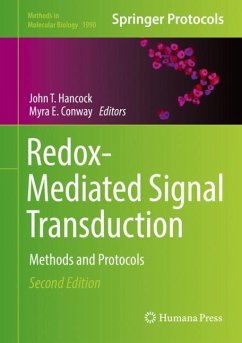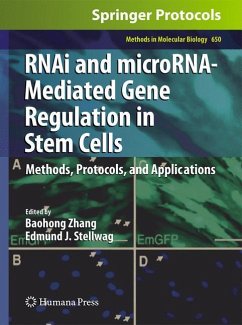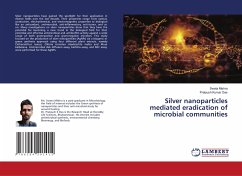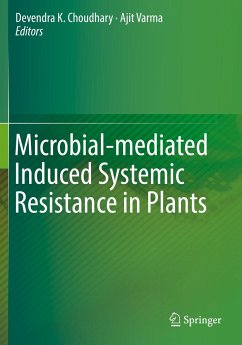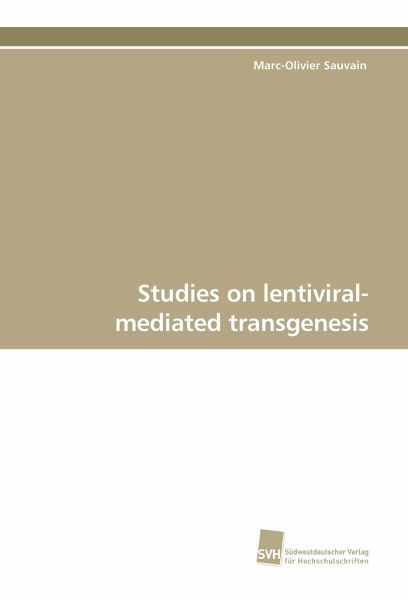
Studies on lentiviral-mediated transgenesis
Versandkostenfrei!
Versandfertig in 6-10 Tagen
53,90 €
inkl. MwSt.

PAYBACK Punkte
0 °P sammeln!
Transgenic animals are essential research tools. Their generation through the injection of naked plasmid DNA into a fertilized oocyte has been the standard practice for almost 3 decades. However, this approach is invasive, largely limited to the mouse and results in low rates of transgene integration. Although the inefficiency of pronuclear injection can be overcome in small animals, this becomes economically more challenging in larger animals because of the extreme costs associated with this procedure ($60'000-$300'000). Thus, new strategies to enhance the production and the variety of transg...
Transgenic animals are essential research tools. Their generation through the injection of naked plasmid DNA into a fertilized oocyte has been the standard practice for almost 3 decades. However, this approach is invasive, largely limited to the mouse and results in low rates of transgene integration. Although the inefficiency of pronuclear injection can be overcome in small animals, this becomes economically more challenging in larger animals because of the extreme costs associated with this procedure ($60'000-$300'000). Thus, new strategies to enhance the production and the variety of transgenic animals would be an important asset. One such approach has emerged through the use of lentiviral vectors, a gene delivery system that can efficiently transfer and stably integrate its cargo into a wide variety of cell types from numerous species, and has been successfully applied to generate transgenic mice, rats, pigs and cows. The increasing use of lentivector-mediated transgenesis warrants a full analysis of its modalities. As a step towards this goal, the present study aimed at characterizing the genotypic features of transgenic mice generated by lentiviral infection of zygotes.



